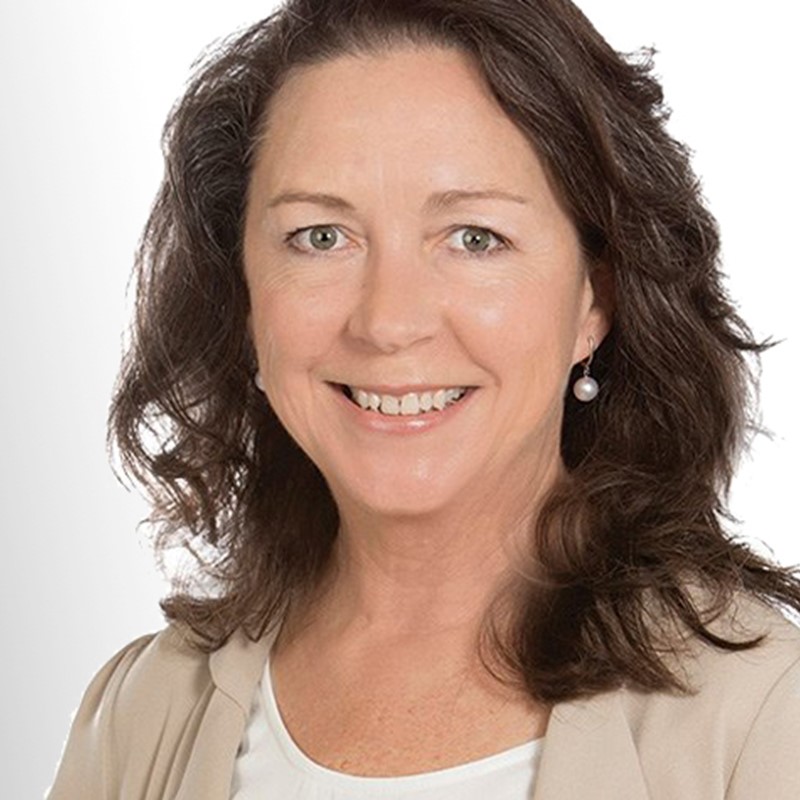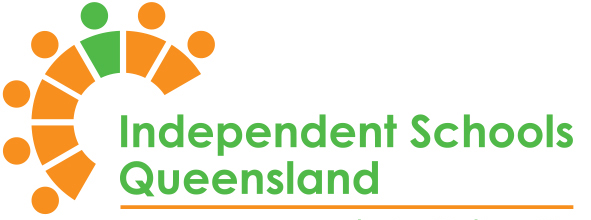Women in Leadership: Masterclass
June 2021
Overcoming ‘Imposter Syndrome,’ maintaining work and family balance and embracing different ways of leading were some of the topics discussed at the recent ISQ Women in Leadership Masterclass.
As a gift, each participant was presented with Dr Barb Watterston’s and Dr Jane Kise’s book “Step In, Step Up” (2019) to inspire and empower them to pursue leadership opportunities. Throughout the event, Dr Watterston encouraged participants with the latest research findings into leadership in education.
For example, there is a clear disparity between the large number of women in teaching positions in relation to the relatively small percentage of women in educational leadership positions; Watterston’s research indicates that the reverse is true for men in education. She pointed out that, in an ideal world, the emphasis would be on privileging the concept of leadership, leaving gender issues behind. However, with the research outlining that we will not reach gender equity until 2095, this ideal appears to be someway in the future, pointing to the continuing need for such events and discussions.
HighlightsOne of the most insidious barriers to women in the workplace is self-doubt or ‘Imposter Syndrome,’ involving a lack of confidence or uncertainty about being ready or good enough to take on the responsibility of a leadership role.
Preparing to leadIdentifying the factors that inhibit stepping into leadership is a pivotal turning point for women who are contemplating leadership opportunities. Taking opportunities to work, even short-term, in leadership roles builds leadership capacity and confidence that women can then transfer when looking for longer-term leadership roles.
Embracing emotional intelligenceWith so much emphasis being placed on students developing their emotional intelligence skills, it is no surprise that these skills play an important role in building capacity as a leader for both men and women. However, there are many common misconceptions regarding what characterises ‘good’ leadership, including the idea that leaders should not let their emotions show. In particular, if women show emotion, they may be seen as weak or highly-strung. Finding a way to balance vulnerability while leading others is an undertaking that most people find challenging.
Panel discussion and networkingThe event culminated with a panel discussion featuring Karen Spiller OAM (Principal, John Paul College), Dr Tsae Wong (Principal, Trinity Lutheran College), Emeritus Professor Wendy Patton (QUT) and Josephine Wise (Director, ISQ). The wealth of experience from the panellists, who outlined their journeys into leadership, was well received and appreciated by the audience.
A networking session was held after the Masterclass, which gave participants and experienced women leaders the opportunity to mingle informally. This also allowed another opportunity to hear from two more experienced women leaders: Deanne Fishburn (QCT) and Lori Lockyer (QUT), who outlined their leadership challenges and successes.
ReflectionsFeedback from this inaugural ISQ event was positive and emphasised the need for women to understand the challenges they may face while exploring constructive ways to move into leadership roles and remain true to self.
Recurring themes that resonated with our participants included:
- being more confident in their own abilities and overcoming the Imposter Syndrome
- standing tall in their own self-worth and not being afraid to reach up
- supporting each other and networking
Education needs female leadership; women have so much to offer in leadership roles. Cutting through stereotypes and navigating pathways will usher in a new era of leadership.
We are currently in the process of organising at least one Term III Women in Leadership follow-on event. If you are interested in attending, please monitor the ISQ Member Hub for details.
Reference: Kise, J. & Watterston, B. (2019). Step In, Step Up, Empowering Women for the School Leadership Journey. Solution Tree Press.

Empowering women to step up and lead
19 April 2021
